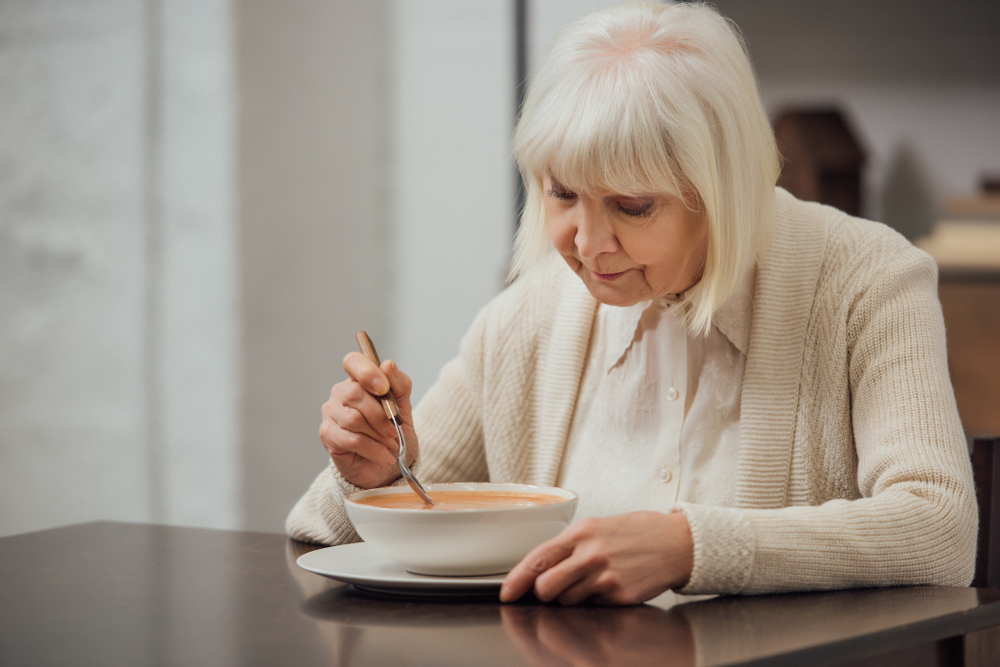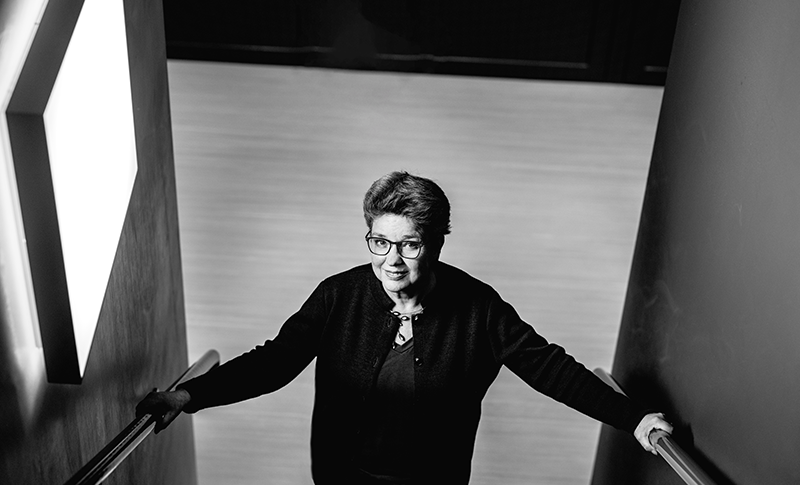When she was appointed special professor of Dietetics, Marian de van der Schueren was asked to write a plan for her professorship. ‘The wish was expressed among those in this field for a dietetics programme at Master’s level.’ That wish is now going to be fulfilled.
The new Master’s started this academic year and is a sub-specialization within the Physiology track of the two-year Master’s programme Nutrition and Health. ‘That form was chosen for practical reasons. Starting up a whole new programme proved too complex to be done quickly, partly due to accreditation processes.’
The need for a dietetics programme at Master’s level is clear, says De van der Schueren. ‘In renowned academic journals the focus is largely on randomized trials in which big groups of participants are divided into a control group and an intervention group in a controlled setting. The data obtained then forms the basis for guidelines and protocols: evidence-based practice. That kind of research is important, but the reality is more complex.’
Practice
The reality is that dieticians work with individuals or small groups of patients who are following a personal treatment programme. De van der Schueren: ‘So the setting can’t be compared with others, and yet dieticians are expected to be able to evaluate the effectiveness of their treatments. In this programme, we address the need of practitioners for evidence.’
Lotte Hulsbergen, who is closely involved as a coordinator of this programme, nods in agreement with De van der Schueren. Hulsbergen is a dietician and has recently completed the two-year Master’s in Nutrition and Health, specializing in Physiology. ‘I lacked the skills to evaluate scientific research critically, and to apply it in practice. That’s why I did this Master’s programme. And my experience as a dietician is that you rarely have any time to spare to read up properly on the research. Developing research skills could help in overcoming this barrier.’
She also found that patients often approached her with questions about research or new diets they had heard of. ‘As an early-career dietician, I couldn’t say anything conclusive, but now I can explain to patients properly what the research results could mean for them,’ says Hulsbergen. ‘With this sub-specialization, we want to train dieticians who will communicate the knowledge of practitioners to scientists, and bring new insights and advice from the scientists to the consultation room.’
Small-scale research
In the vision of the future sketched by the Dutch Association of Dieticians (NVD), which is funding De van der Schueren’s chair, one of the principles is that care must be of good quality and effective. ‘You need to be able to prove that as a dietician. And effective doesn’t always have to mean weight loss. Sometimes you want to know what effect a treatment has on a patient’s blood sugar level or quality of life, or on the autonomy or social life of a patient on a complicated diet. You don’t usually come across that kind of data in a randomized controlled study. Also, this research is done on a very small scale.’
Hulsbergen: ‘We want students to learn to think scientifically and do research, but research that reflects real situations. For example, using datasets with missing values or non-standardized methods, and based on your own patients. We teach students the best possible way to deal with these situations and still provide advice.’
IC patients
Imre Kouw, coordinator of the Advanced Dietetics course, agrees that there is still too big a distance between practising dieticians and nutritional scientists. ‘In the Netherlands, the dietetics training is at Bachelor’s level, whereas in many other countries it’s a Master’s programme. Dieticians in the Netherlands can expand their knowledge by taking a degree in Nutrition Science, for example, but that’s not the same as studying dietetics at university. The work of a dietician is very practical and multidisciplinary, and focused on patients.’
Kouw hopes that intensive care (IC) patients will benefit from the new Master’s too. ‘I expect the knowledge coming from practitioners and their problems will eventually contribute to changes to the new nutrition guidelines for IC patients, so they run less risk of complications. That way, scientists and practitioners collaborate in the interests of a faster recovery for patients.’
Bridging course
‘Students coming from an Applied Sciences Bachelor’s in Nutrition and Dietetics can take this sub-specialization,’ says Hulsbergen, ‘if they have done a relevant internship and have a grade average of at least 7. They must also demonstrate an adequate command of English because the Master’s is taught in English.’
The next step is to set up a bridging course for Bachelor’s students of Nutrition and Health at WUR. Students who have taken that bridging course can take this dietetics specialization if they stay on for the Master’s in Nutrition and Health. ‘By taking this route, you don’t qualify as a dietician, because that is a protected professional title, but you can specialize in doing dietetic research.’

 Dietitians now lack the skills to critically evaluate scientific research and implement it into practice. Photo Shutterstock
Dietitians now lack the skills to critically evaluate scientific research and implement it into practice. Photo Shutterstock 

